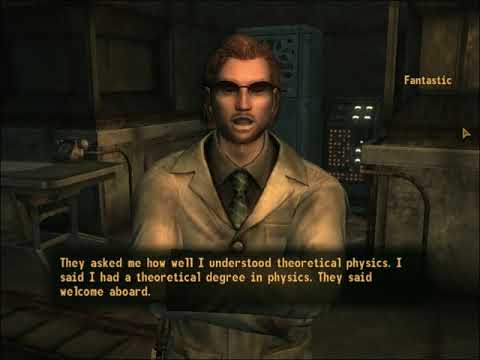Even though I do all of this extremely legal stuff with Handbrake on Linux, I’d like to test it out on Windows.
All you had to do was copy the 64bit version of libdvdcss-2.dll (version 1.4.3) into the main Handbrake program folder?
Even though I do all of this extremely legal stuff with Handbrake on Linux, I’d like to test it out on Windows.
All you had to do was copy the 64bit version of libdvdcss-2.dll (version 1.4.3) into the main Handbrake program folder?
That is what I did yes, then restarted the program.
Let me know if you can get it working.
I’ll give it a shot on Windows 10 soon. Not today, though.
I think it’s kind of ironic that some things “just work” on Linux, but not on Windows. ![]()
I think that fitting “just works” and “Windows” in the same sentence without an intermediate negation would be somewhat of an achievement.
For your video disks (DVD, Blue Ray), makemkv to rip the disk, handbrake to re encode the ripped file to compressed file to save space. For music I use Exact Audio copy to rip to FLAC which is a lossless format to maintain audio quality in a smaller file size.
I would suggest reading up on tutorials on handbrake, there a a ton of options and it can be a bit overwhelming if you’re new to this.
ETA: Re encoding is not a necessary step if the ripped file size is OK for you. If you just want to say preserve a copy of a DVD in digital format then a straight rip with makemkv will suffice. Handbrake is only necessary if you want to reduce the file size of the ripped file but it of course come with the penalty of reduced quality as well.
On Linux? 100% of the time. No extra steps or downloads needed.
On Windows? Nope. (I tried everything.)
Apparently, the Handbrake devs are militant about not supporting DVD ripping. Supposedly, some time around or after Handbrake version 1.6.0, libdvdcss stopped working with it on Windows.
Judging by their attitude, they seem determined about publicly stating “Handbrake is not a DVD ripper”.
That’s funny, because it sure is a DVD ripper… on Linux. ![]()
As far as I can tell, nothing is “patched” in the Linux version. So who knows why it “just works”.
What this means is that…
…2024 is the "Year of the Linux Desktop!"™
![]()
![]()
![]()
+1 vote for MakeMKV - it is the reason I originally found the need for TrueNAS & has led me down a rabbit hole that resulted in multiple job promotions.
Who knew wanting to maintain your own data is so complex for the average user that companies would be willing to pay a premium for folks with experience?

MakeMKV it is. Gives me a 3-5 gigabyte file, then handbrake shrinks it down to under a gig for manageability.
So, since DVDs allow no more that 720-480, is there a way to “improve” the quality?
I think I already know the answer, but just some thoughts…
A.I. upscaling.
Not worth it. It doesn’t really “improve” the quality.
It’s nice if you want to make old home videos “watchable”, but other than that, I think it’s overrated.
Rip with MakeMKV, convert to a single file with Handbrake.
I post to emphasize what @winnielinnie said.
Not even AI can invent what is not there.
MakeMKV actually already does put it into a single file that is 5 ~ gig. The issue is though, that the DVD itself is only played in 720-480.
So MakeMKV just rips that off of it.
Handbrake can’t do anything to improve it beyond that.
MKV just encapsulates stuff. You’d need to re-encode to something that is more efficient size wise. Remove frames ? ( 60 to 24 ? )
I don’t encode or rip, but is good to know the concept.
Yeah my workflow used to be MakeMKV > Handbrake. Then I discovered Unmanic. It scans my Media folders when something new is added and automatically encodes everything to h265. I’ve saved about 6TB that way.
FPS? What are your base settings for such applications? I’d like to hear everyone’s thoughts.
I don’t remember the last physical movie I backups with MakeMKV that was 60 fps.
That being said if space is at a premium transcoding is clutch. Otherwise I prefer to save original quality & let plex do the needful if I need to transcode.
I’d also recommend using Exact Audio Copy for ripping audio CDs on Windows.
And please store your audio in some lossless format. Storage is cheap nowadays and there are tons of options for converting on the fly, should you ever need it.But once you apply lossy compression to a data set; well some data is lost. You may not be able to hear it, you may never need it. But irretrieveably gone it is.
Usually, all you end up with is excessive sharpening, and a much larger file size for little to no benefit, though results vary by method, content, and skill - see YouTube for endless examples such as music videos from the 1980s suddenly claiming to be HD.
If you want to try upscaling, have the end device do it instead and enjoy much smaller file sizes in the meantime.